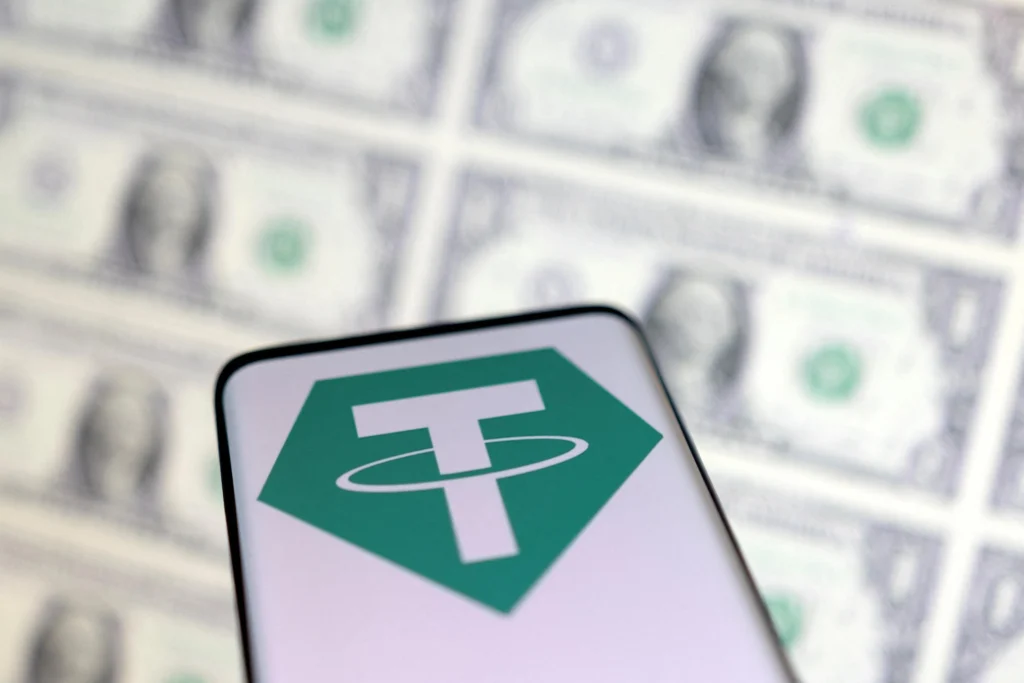WHILE G7 central banks continue to agonise over supplementing physical cash with digital money, and in the case of the US, ban the central bank digital currency version outright, India has surged ahead with a mobile-based payments platform accounting for half the world’s real-time payments in 2023.
India’s United Payments Interface continues to overcome apparently insoluble conundrums facing mature economy central banks, such as managing digital identity, balancing state and private-sector players in payments and ensuring the stability of commercial banks in the monetary system. The instant payments system has already boosted the tax take, had a transformational impact on financial inclusion and democratised the provision of financial services – with mutual fund subscription at a record high.
Meanwhile, other major non-G7 economies such as China and Brazil – where state-backed digital retail payments platforms operate – have for now set aside trying to map distributed ledger technologies (DLT) onto national payments systems or sovereign money. Still, a variety of national and cross-border projects are in the works, though mired in circular discussions about regulatory, liquidity, foreign exchange and interoperability challenges.
DLT – which underpins digital assets and versions of money such as stablecoins and tokenised money market funds – may also become a component of mainstream wholesale and retail finance in the wake of the Genius Act. But as statements at OMFIF’s 2025 Digital money summit made clear, the technology continues to flummox many in the official sector in practical terms.
Renato Gomes, deputy governor of Banco do Brasil, described the “privacy trilemma” within DLT. Discussing experiments to build on the success of their Pix platform with Drex, he noted that trade-offs between privacy, scalability and programmability were tough, and legal frameworks remain “incompatible” with DLT. The bank wished to remain “technology-agnostic”.
At other sessions, cross-border DLT networks between central banks and commercial banks in different jurisdictions on a unified ledger, such as Project Agora, continue to be defined. A technologist at the summit declared “this project simply will not be possible on a single network”. The net result of it may simply be an improved set of data standards in the extant system.
BT in your inbox

Start and end each day with the latest news stories and analyses delivered straight to your inbox.
Correspondent banking – a method for cross-border transactions, often criticised for being expensive, slow and inefficient compared to blockchain-based finance – already deals with the regulatory burden which DLT innovators are struggling to reinvent. A representative from a major US bank experimenting with tokenised versions of commercial bank money wryly pointed out that stablecoin-based remittances are simply regulatory arbitrage.
Regional successes
Reinventing the cross-border financial system by joining central banks schemes together is difficult even without DLT. While significant progress has been made with the Nexus cross-border instant payments project, the establishment of the Nexus Scheme Organisation and the harmonisation of governance frameworks are continuing efforts. Participating central banks are working out how to cater for foreign exchange – a function embedded in the cross-border commercial banking system already.
There are also regional pockets of progress. An intriguing example is Buna, the Middle East’s cross-border payments initiative, which has bypassed these problems. Backed by the Arab Monetary Fund, Buna has created a regional network resembling a “unified ledger” between central and commercial banks, but in a closed and centralised system – the opposite of DLT – built on the existing real-time gross settlement platforms.
While DLT might be a hard toy to handle for central banks, it is also advancing at pace as a transformational financial infrastructure – enabling cheap, quick and also cross-border payments via stablecoins such as Tether and USDC. Whether it is secure or practically regulatable or not, it is a version of money regulators will have to contend with as consumers vote with their feet, and is expected to accelerate further as an explicit aim of US policy.
What is the official sector to do?
Artful hacks are in the works to handle DLT-based tokenisation, which may or may not become a mainstream component of existing money and securities markets. An informal vote even among digital finance specialists at this year’s Digital Money Summit could not quite find a majority to say that it would.
The European Central Bank is running a twin-track approach through projects at Deutsche Bundesbank and Banque de France, with the former creating a bridge between the existing T2 RTGS arrangement and DLT-based tokens, and the latter creating a DLT-native setting for DLT-based tokens to be settled atomically in tokenised wholesale CBDC.
As both banks explained at the summit, the former would smooth the path to the latter, but also continue to run in parallel with it while traditional finance persists. Pioneers at the Brazilian central bank are watching the former with an eye on replicating that model in Brazil.
If these projects to integrate DLT-based private money and tokenised securities into the official monetary system are not successful fairly soon, first principles may be rediscovered the hard way. A panel of central banks at the summit quietly demurred at the suggestion that they would eventually be asked to bail out a version of DLT-based money which had become de facto systemic and then unstuck in the next financial crisis. OMFIF
John Orchard is chairman, and Katie-Ann Wilson is managing director, of the Digital Monetary Institute at the Official Monetary and Financial Institutions Forum (OMFIF)

